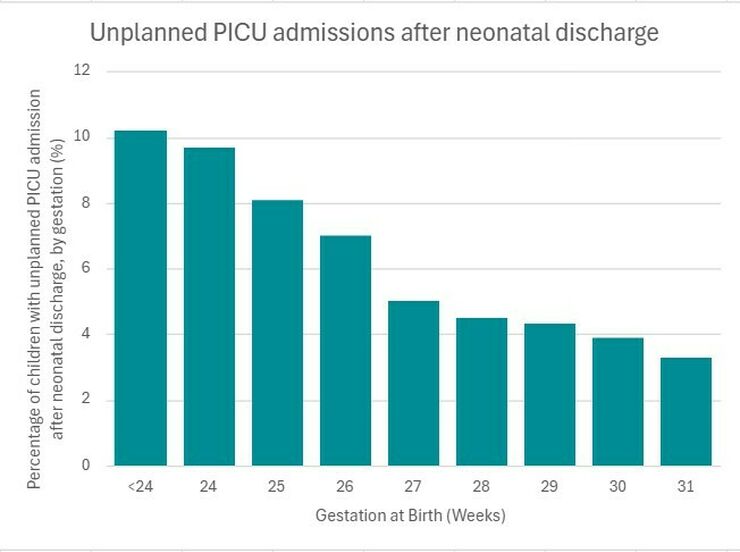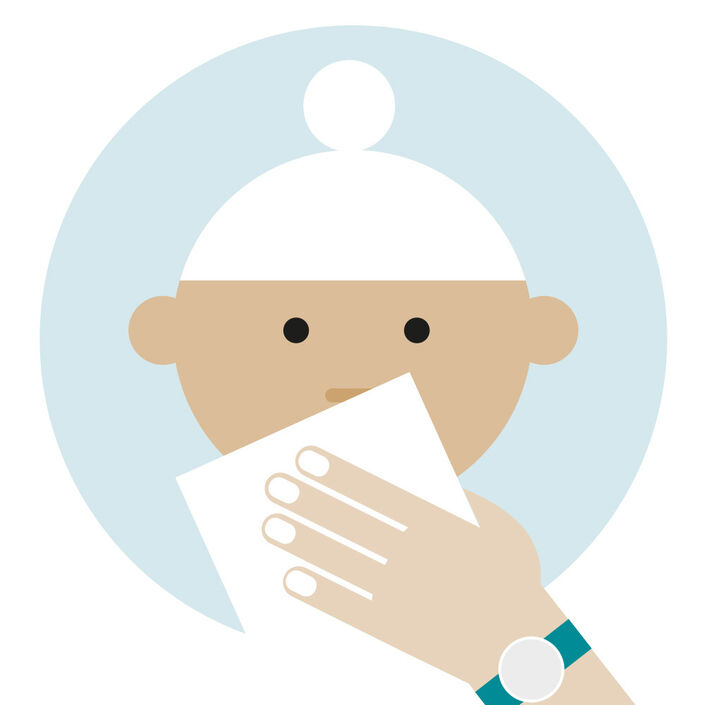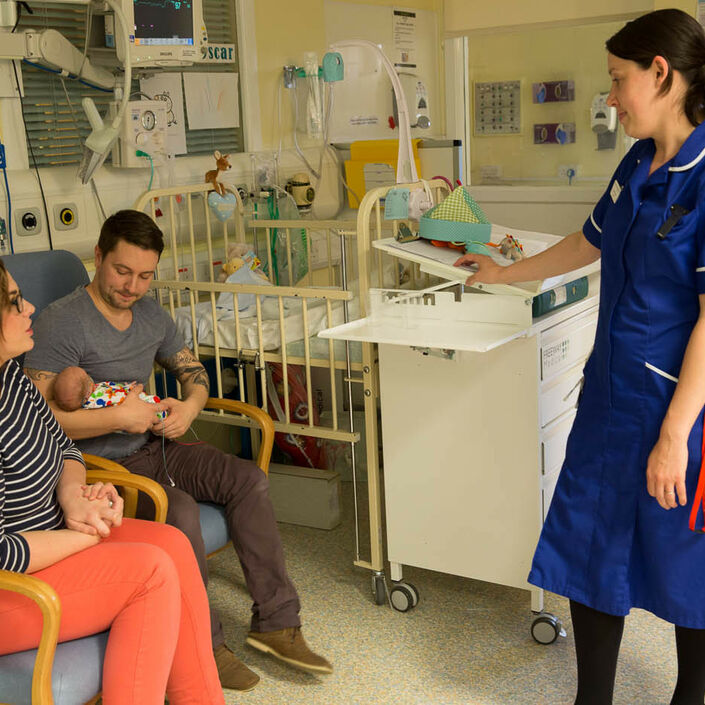After leaving the neonatal unit, you may be concerned about your baby becoming unwell. This is something many parents experience, especially when they have become used to the support of the unit staff. Many parents worry that they will not be able to notice the signs that their baby is becoming unwell.
Babies who are born premature or sick may have weaker immune systems than babies born at full-term. It is important to be prepared if your baby is at high risk, particularly in the winter months. This is to reduce the risk of infection. We have more information about common infectious illnesses.
Some babies may be more snuffly when they come home from the unit, or you may hear a quiet sniffling sound. This may be because of the change in atmosphere and temperature, and more dust at home. The snuffling will settle down, but this may take a few weeks. If your baby seems well otherwise and is able to feed, try not to worry. If you hear a wheezing, whistling or grunting noise when your baby is breathing, you should see your doctor immediately.
If you are concerned about any changes in your baby’s behaviour, you should see your GP. You can also call 111 for medical help over the phone.
Call 999 immediately if you think your baby might be seriously unwell.
How to check your baby's temperature
Many parents worry about their baby being too hot or too cold. You can firstly check your baby’s temperature by feeling the back of their neck or tummy. It is normal for a baby’s hands to feel cooler than the rest of their body.
To check your baby’s temperature, you can place a digital thermometer under their armpit. Your baby’s temperature should normally be between 36.5 and 37.5°C (97.7 to 99.5°F).
For more information on how to take your babies temperature see the NHS website.



